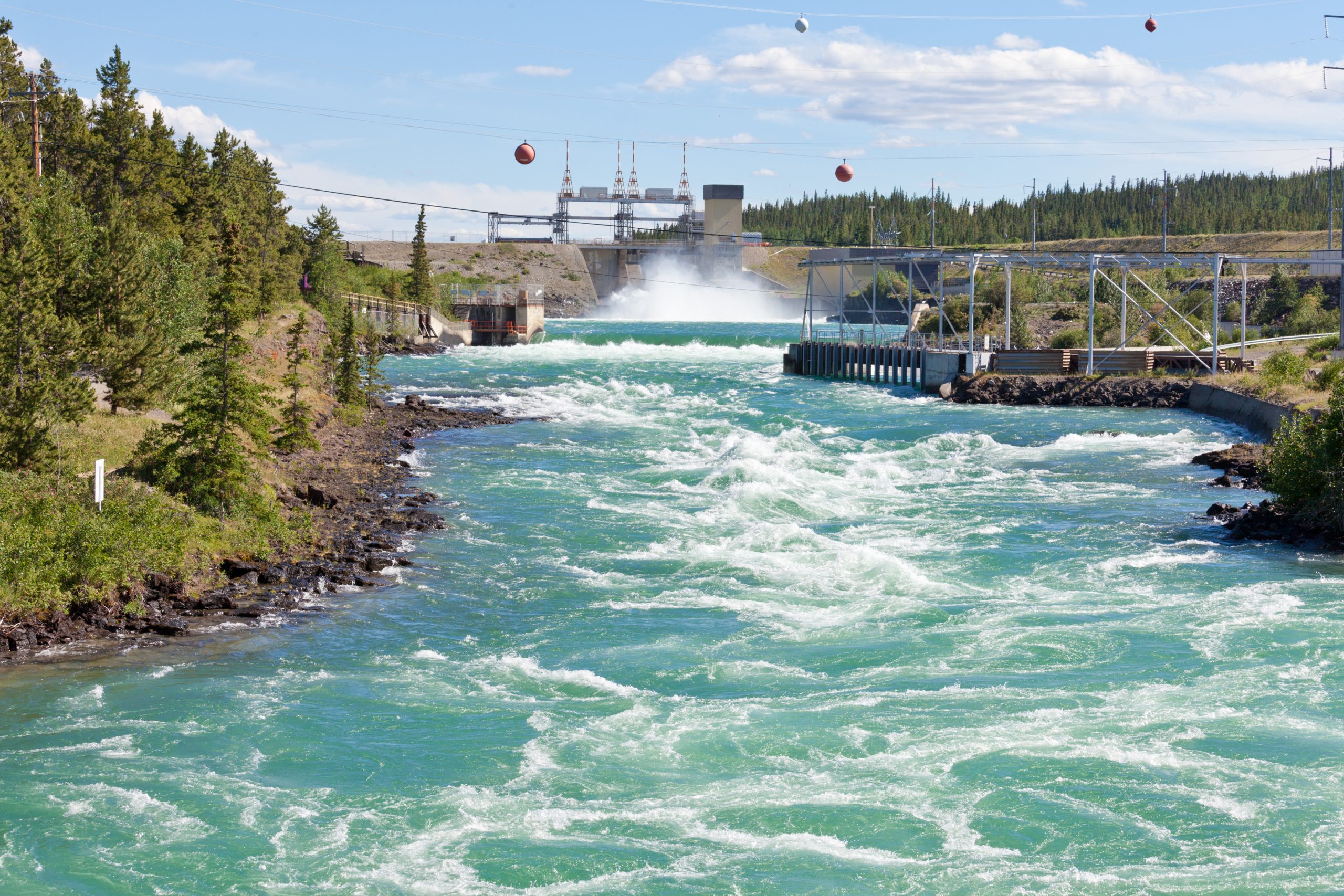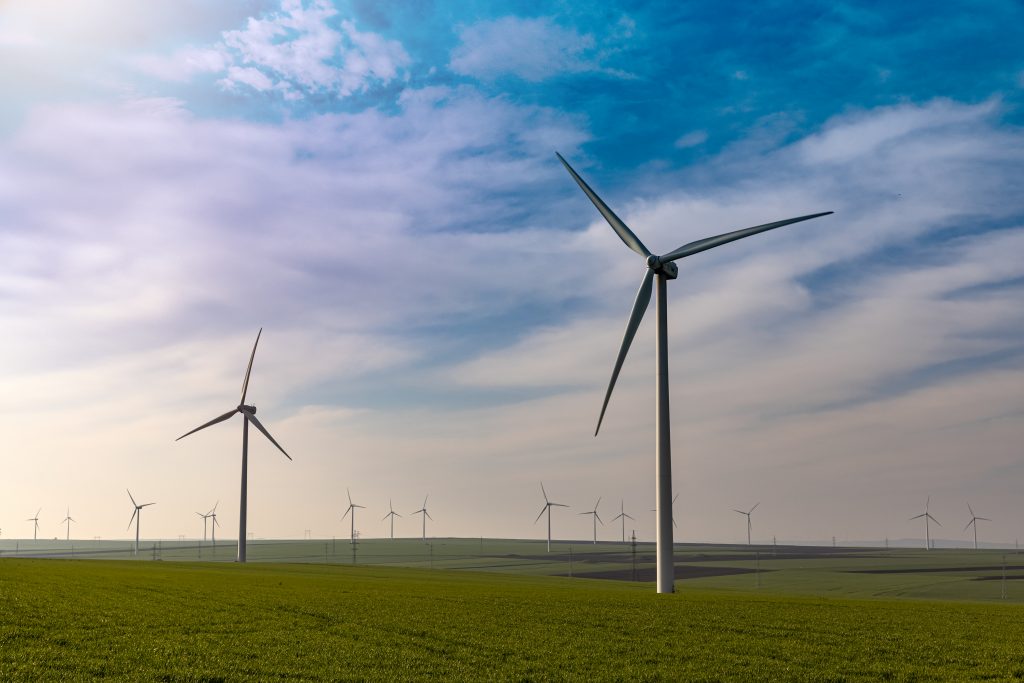Finding solutions for energy transition within industrial plants is a necessity that requires action.
This need is the result of the race in search of industrial operations so that they do not emit greenhouse gases, being compliant with what we call ESG (Environmental – Social – Governance) strategies.
The subject has gained importance in recent years. Governments try to ease the way for a change of operation aiming at the goal of containing the advances of global warming and climate change on the planet.
Reducing costs and changing policies on the subject was the starting point of this long journey in favor of decarbonization. According to CNBC data, more than 25% of the world’s energy production comes from renewable sources. However, there is still a long challenge ahead for the changes to be actually observed.
The first challenge is related to the implementation of new energies in different biomes.
Each country has its main electrical energy source according to its main geographic characteristics and also by its consumption.

Implementing solar panels in countries that do not have solar potential, for example, may not be the best alternative to meet the growing global demand for energy. In addition to these variables, there is also the difficulty of implementation, there are many countries that do not have the necessary infrastructure for a sudden change in their energy source and operation.
In addition to these variables, it is necessary to analyze the difficulty and certain resistance in the adoption of renewable sources in countries that are leaders in oil and gas extraction. And also the need to develop ways to store these new technologies so that they can actually be used on a global scale.

If, on the one hand, there are difficulties, on the other, the industrial sector is looking for alternatives and technologies capable of turning energy change into something susceptible to industries around the world.
The drop in the price of solar panels is an example of how cost reduction can be an attraction for these industries. In addition, we can also notice the recent policy change on the subject.
By 2021 the consequences of climate change will become clear. Floods in Germany, fires in Canada, and snow in Brazil are some of the weather phenomena that have been awakening a sense of urgency on the part of the main governments.
It is necessary to find alternatives capable of providing immediate responses to these major climatic events. As complex as the subject is, Industry 4.0 and digital transformation could be the answer to these difficult challenges.
Known worldwide as the period in which industries began to digitize, developing and implementing new technologies capable of performing humanly impossible tasks, Industry 4.0 is synonymous with technological evolution and can be an important ally in the race for decarbonization.
Read: Indústry 4.0: Main Aspects, Applications and Perspectives for the Future
Through dozens of technologies, it is now possible, for example, to store energy from various sources more optimally through lithium-based batteries.

The trend is that in the coming years we will have developed technologies capable of storing this energy in a scalable way so that industries can actually shift their energy to renewable sources.



